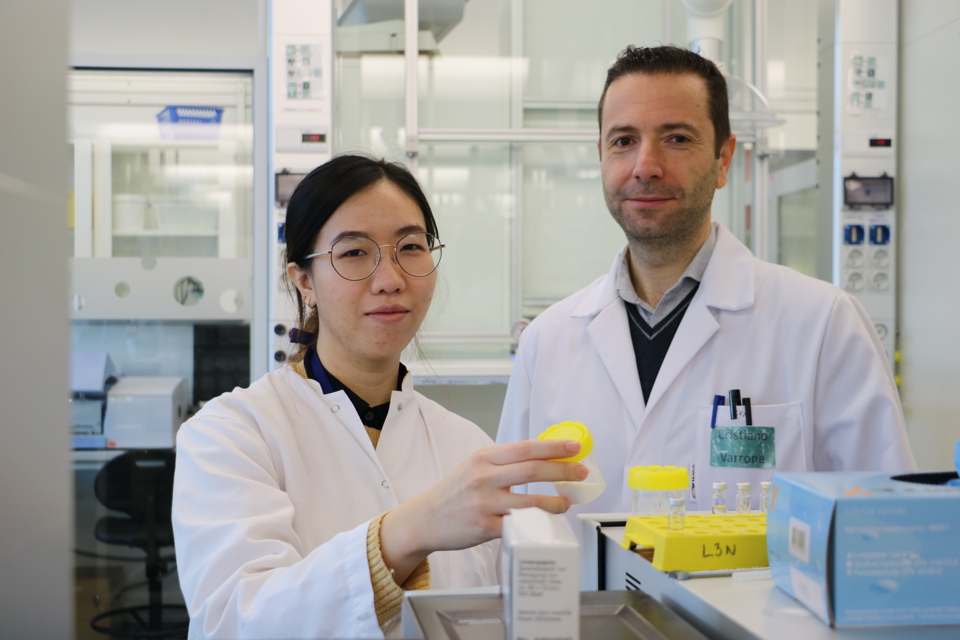Cross-disciplinary, holistic project consortium
In order to achieve this, Cristiano Varrone has put together a unique project consortium of leading researchers and experts from all over Europe. The consortium includes biotechnologists and polymer scientists, large-scale industrial plastic manufacturers, sustainability experts and waste management facilities, without forgetting the importance of industrial end users, policy makers, municipalities, recycling specialists and facilities, consumer associations and NGOs.
“We have aimed to target the entire value chain, because unless all the stakeholders work together, we will not succeed in making the plastic sector more sustainable. We need to make sure that there is a continuous dialogue between plastic producers, recyclers, policy makers and the consumers, because this is not only about technology. If, say, we develop new eco-plastics that cost more than fossil-based ones – who would be willing to pay for that? Would the producers use a more expensive packaging for their products? Would the consumers be willing to pay more for products in greener packaging, or would the EU states create incentives? And what would be the impact of these new materials on the recycling?” Cristiano Varrone says.
In addition to having developed the project idea and coordinated the project proposal, Cristiano Varrone leads AAU’s research on plastic biorefineries – and works as the gear that connects the project partners. He hopes that the comprehensive project will form a firm basis for a successful outcome with a huge global potential.
“Our goal for the next four years is to develop technologies that can contribute to improving the amount of easy-recyclable eco-polymers and increase the current recycling efficiency. In the EU packaging sector, we have around 42% recycled now – and our aim is to reach 60%; if not within this specific project, then over the next 10 years with the contribution of the technology developed. And if I dare to dream even more, I hope that this positive effect can be expanded beyond the packaging sector, to reduce plastic waste markedly in other areas as well,” Cristiano Varrone finishes.



